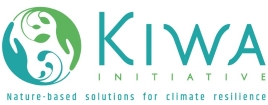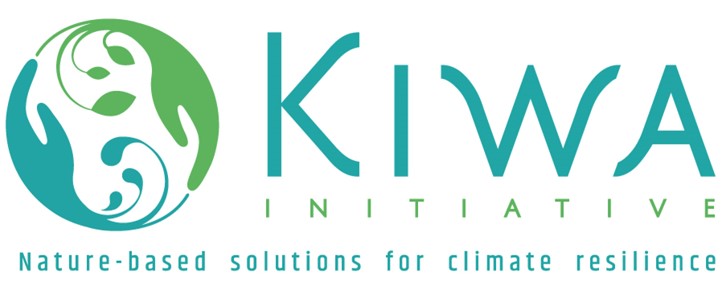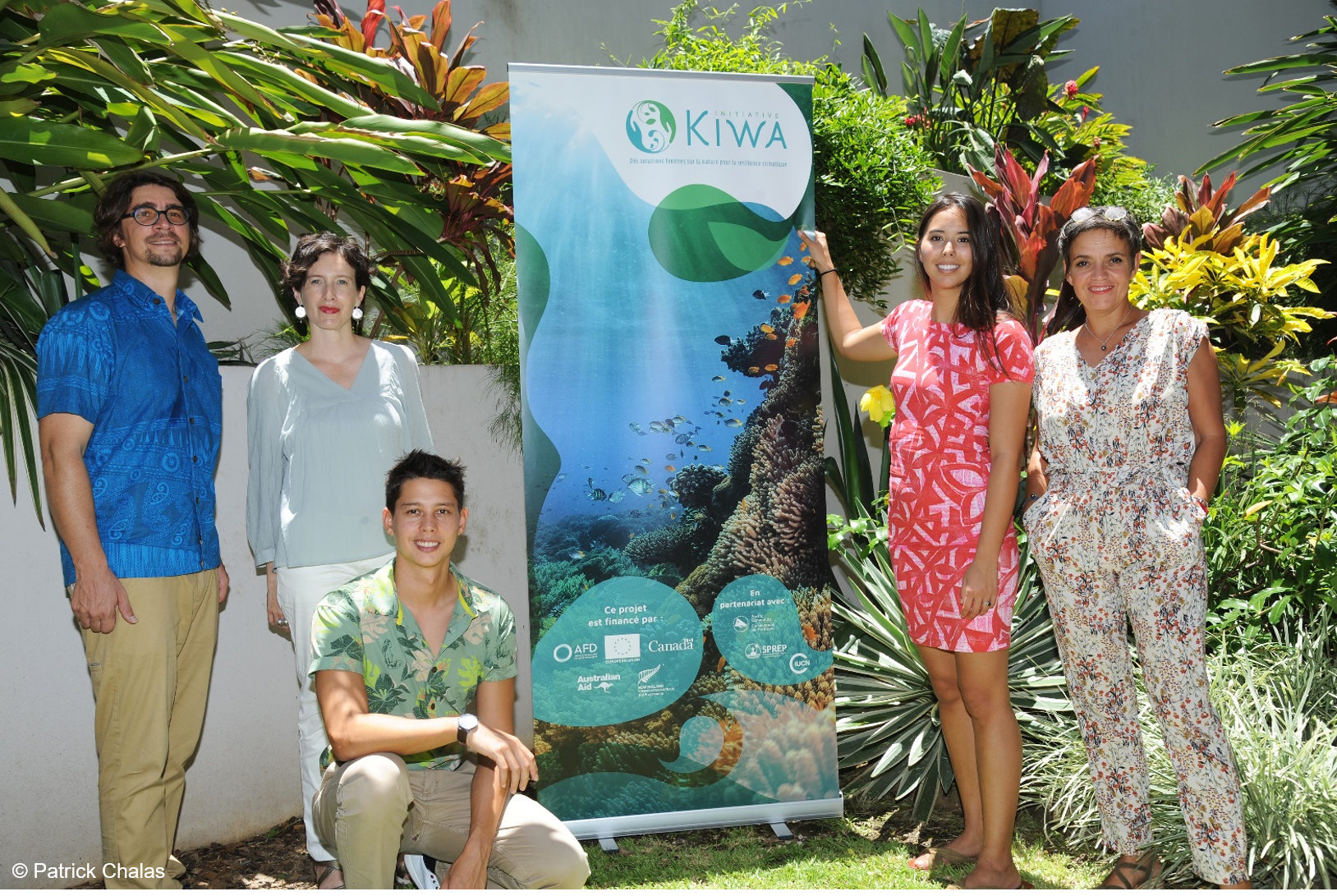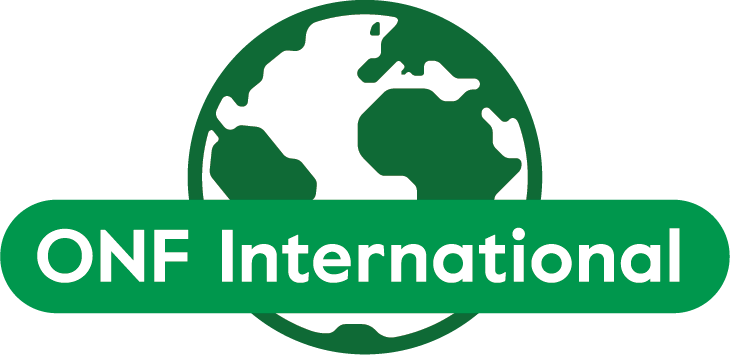ONF International managing the Secretariat of the Kiwa Initiative in the Pacific region, to implement nature-based solutions, strengthen the resilience of ecosystems and people to climate change


What is the Kiwa Initiative?
The Pacific Ocean is one of the most vulnerable regions to climate change. It has exceptional terrestrial and marine biodiversity that provides invaluable services to communities and to the island economies. Yet the Pacific countries and territories lack resources to address this challenge, whereas their traditional ways of life depend on it.
The name Kiwa evokes several divinities in Polynesian mythology and certain Maori tribes. Both guardian of the ocean and goddess of pearl oyster and crustaceans, Kiwa embodies the symbol of the protection of the oceans and biodiversity.
Stemming from a French-European process, the Kiwa Regional Initiative responds to the need to facilitate the access of Pacific island countries and territories to green financing, dedicated to the implementation of nature-based solutions (NBS) that enable to adapt to climate change and contribute to the conservation of biodiversity.
Announced by the President of the French Republic at the “One Planet Summit” in 2017 and launched in March 2020, the Initiative currently involves €35M in grants (XPF 4.2 billion).
It involves five international donors Australia (€0.65M or XPF 78M), Canada (€6.8 M or XPF 815M), France (€13M or XPF 1.5 billion), New Zealand (€0.65M or XPF 78M) and the European Union (€13.9M or XPF 1.6 billion). This exceptional gathering responds to a common challenge: the protection of biodiversity to adapt to climate change through nature-based solutions in Oceania.
Projects supported by the Kiwa Initiative will focus on nature-based solutions to adapt to climate change and implement concrete actions for biodiversity conservation, building the resilience of Pacific nature, economies and people to climate change, reducing social inequalities, food security and gender equality.
AFD’s ambition is to ensure that the Kiwa Initiative succeeds in supporting all Pacific islanders by promoting partnership and coordination to become the main device for financing nature based solutions.
The key role of the Secretariat managed by ONF International
ONF International has been selected as the Project Management Unit (PMU) for the implementation of the Kiwa Initiative Secretariat. This is an external service piloted by AFD as direct contracting authority for at least the next 5 years.
3 ONF International experts are providing technical, administrative and financial support to the AFD for the establishment of the Secretariat. They are based at the AFD Pacific Ocean Regional Office in Noumea, New Caledonia.
The Secretariat assists regional project managers in the development phases and participates in their monitoring, evaluation and promotion.

The partners
The Kiwa Initiative has partnered with the Pacific Community (SPC) and the Secretariat of the Pacific Regional Environment Programme (SPREP), the main scientific and technical intergovernmental organizations in the region, in order to support the potential beneficiaries of the Initiative in setting up projects.
In addition, it is committed to working at the local level with calls for projects managed by the International Union for Conservation of Nature (IUCN) in 18 Pacific Island States and territories, as well as at the regional level through a window dedicated to regional projects monitored by a Secretariat.
The Kiwa Initiative is an innovation in many ways:
- The Initiative acknowledges the common will of five international partners to pool their efforts to support the Pacific Island Countries and Territories in response to the common challenge of providing a unique forum through its governance framework;
- The Initiative provides a means of supporting regional projects implemented in both Pacific Countries and French Pacific territories;
- The Initiative is the first time French development assistance is working with its Canadian, Australian and New Zealand partners, thus participating in the implementation of France’s Pacific strategy.
The components of the initiative
The Kiwa Initiative supports projects focused on nature-based solutions (NBS) through three windows:
- A one-stop shop for regional projects of over €1.5 million managed by the Kiwa Initiative Secretariat,
- A technical assistance program delivered by the Secretariat of the Pacific Community (SPC) and the Secretariat of the Pacific Regional Environment Programme (SPREP), which provides support to regional project developers ;
- Calls for projects managed by the IUCN office based in Fiji for very small grants (€25,000 to €50,000 or XPF 3M to XPF 12M), small grants (€50,000 to €100,000 or XPF 6M to XPF 12M) and medium-sized grants (€100,000 to €400,000 or XPF 12M to XPF 48M).
Geographic scope
Any territory of in the Pacific appearing on the Development Assistant Committee (DAC) List of Official Development Assistance (ODA) Recipients of the Organisation for Economic Co-operation and Development (OECD) on the signing date of the financing agreement is eligible for funding from the Kiwa Initiative. Because of the funds granted by the Ministry for Overseas France, the three French Overseas Territories in the Pacific (New Caledonia, French Polynesia and Wallis and Futuna) are also eligible.
In 2020, 18 Pacific Island Countries and Territories are eligible:
- 15 Countries and Territories on the CAD-OECD list: Fiji, Kiribati, Federated States of Micronesia, Marshall Islands, Solomon Islands, Nauru, Niue, Palau, Papua New Guinea, Samoa, Tonga, Tuvalu, Vanuatu, Timor-Leste and Tokelau
- 3 French Overseas Territories in the Pacific: New Caledonia, French Polynesia and Wallis and Futuna
You can discover more in the leaflet dedicated to the Initiative
